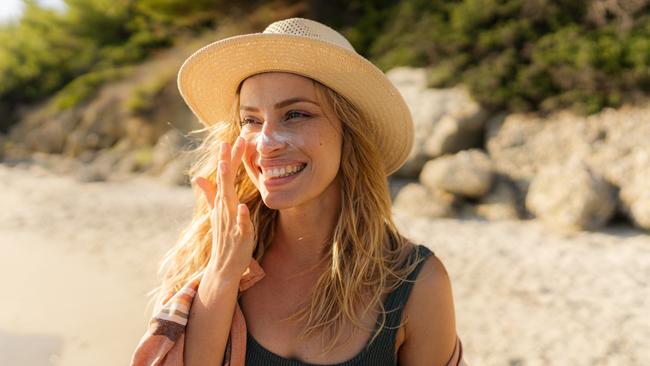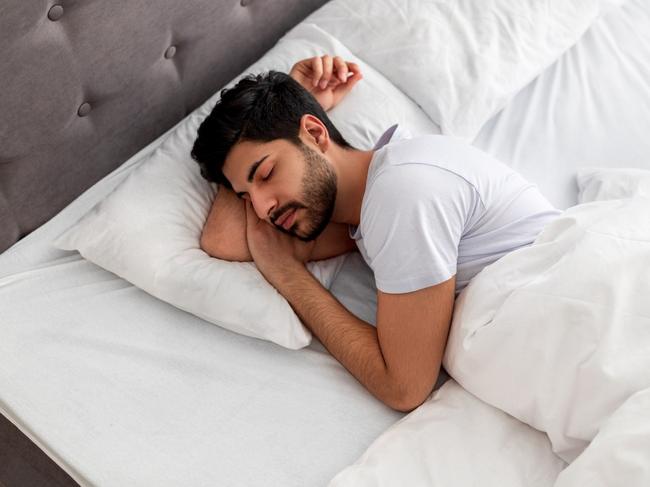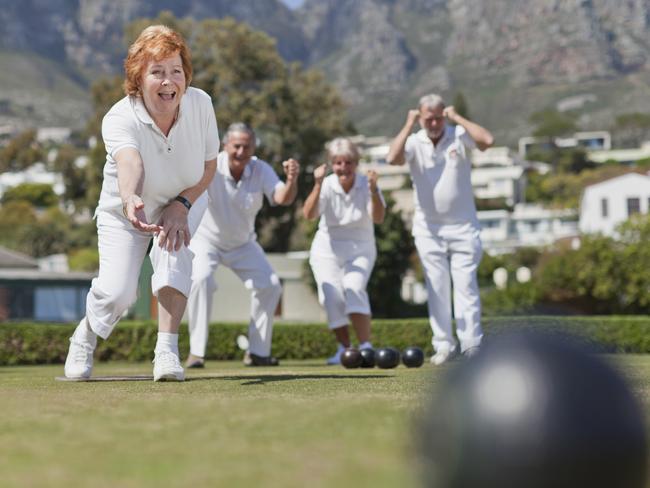Your guide to ageing well through the decades


Good health allows us to enjoy the company of our friends and family, to laugh and cry with them. To see what they see and share experiences with them. To find joy with grandchildren as they play, perform in concerts, or run around a sporting field.
Health is a state that lets us live to our full potential with joy. To embrace love and intimacy in the years when we most need them. Good health means we’re not limited, our senses are fully functional and allow us to appreciate everything, from the fire of a beautiful sunset to the sensual touch of a lover. To not live with pain, to move freely, to dance, or climb, to see a beautiful view.
For each of us to have the best chance of experiencing all of these joys in old age we need to be proactive, to maximise our health potential at each stage of our lives. Here is a guide to the actions we can take in each decade, so that our last decade is as fulfilling as we want it to be.
In your 20s
It is impossible to over-estimate the benefits of healthy skin in old age. Unfortunately, many older Australians suffer from preventable skin conditions that can make life a misery and, for many, make them want to hide away. Using reliable sunscreen every time we go out and wearing wide-brimmed hats and protective clothing will pay off handsomely as we become older.

Another scourge of ageing is dementia, not only for the individual, but for their family. There is growing evidence that sleep patterns set early in life can help protect against dementia and cognitive decline later in life. It can be difficult to build good sleep patterns later in life, so your 20s are the best time to start.
Lastly, during your 20s is the easiest time to part ways with habits that set up an unhealthy old age – smoking and vaping, poor eating patterns, gambling, unhealthy alcohol and other substance use.

In your 30s
Some of the most devastating health problems affecting older Australians – diabetes and its complications, osteoarthritis, a number of cancers – can be traced back to things we do in our 30s. Good eating and drinking habits built in a person’s 30s can protect them across the lifespan, building a foundation for health in old age.
Another key but often unrecognised issue that drives ill health is dental and oral health problems. Tooth and gum disease is linked to development of diabetes, obesity, liver and heart conditions, Alzheimer’s disease, rheumatoid arthritis, and cancer. Pull out all the stops and frequent a good dentist.
The third important action is to build strong friendships. Loneliness in old age is a serious threat to health, so building a network of friends is a strong basis for good health.
In your 40s
Fragile bones – resulting from osteoporosis – are an enormous health problem for so many older women. Almost half of all women will have a bone fracture resulting from fragile bones during their lifetimes. What many people don’t realise is that strong bones are built early in life, long before menopause. The most effective ways to ensure that bones are healthy is through regular vigorous weight-bearing exercise, a good calcium intake, and balanced diet. If you haven’t already, quit smoking and don’t overdo alcohol consumption. There’s also good evidence that vigorous exercise is good for men’s health in the long-term, too.
At the other end of the exercise scale, though, is walking. Taking every opportunity to walk places is a good habit to get into both for middle-aged men and women. The more walking you do, the more it becomes second nature and the greater its positive effects will be in older age.
In your 50s
The 50s are the age that screening tests for the common cancers – breast, bowel, cervix and prostate – come into play. Embrace the screening and evaluate your individual risk. Diseases that kill tens of thousands of Australians can either be avoided or, if detected early, tamed almost entirely. Many of these conditions run in families, so make the time to go through your family history with your doctor and develop a screening program that it right for you.
Your 50s also are the time to work on preventing that most terrible of things – falls in old age. There is good evidence that weight training and exercises started in your 50s will protect you from the risk of falls decades hence.
Few things can sour retirement like mental decline. Much of this is potentially avoidable with exercise, healthy dietary habits and control of conditions such as hypertension. However, beginning to embrace mental exercises to keep your mind sharp will pay off in your later years.

In your 60s
You are getting closer to the finish line now, and if you’ve built a good foundation for health through your youth, then you are well placed to enjoy a healthy later life. However, beyond simply continuing with good habits, it is important to prevent unexpected health problems – of which falls are a good example. If you’re not already performing exercises that promote strength and good balance, then these should become a high priority.
Your 60s are also the time to concentrate on intimate relationships. Many couples will experience difficulties with sex – men commonly experience difficulties with erection, and many women find that menopause-related issues make sex painful or even impossible. If these common problems are occurring seeking medical help can do a great deal to help and promote a strong and healthy sex life.
Unfortunately, the 60s are a time when many people lose their partners. Loneliness is very bad for health, so pulling out all of the stops to improve your social connectedness will pay off handsomely in old age.

In your 70s
By your 70s, you’re almost there. You’ve built great and enduring habits in diet and exercise, looked after your teeth, stayed strong, and built social relationships. There are a few more things to stay on top of though.
Visual and hearing problems are major impediments, limiting how we travel and our interactions with the world. Regular eye and hearing checks are vital to optimise our senses. You are much less likely to sustain a serious injury from a fall if you can see well, and problems hearing can be isolating and lead to serious mental decline.
Have regular checks with your GP to watch your general health, blood pressure, and look for late-onset conditions. A doctor who sees you regularly is much more likely to notice when something is wrong with your health and needs attention.
Make sure you continue to nurture those social relationships, too.
In your 80s
Enjoy yourself – you’ve earned it. Putting in a lifetime of attention to your health can pay off handsomely. Time to look forward to the next decade.
Dr Steve Robson is professor of obstetrics and gynaecology at the Australian National University and former president of the Australian Medical Association.
This column is published for information purposes only. It is not intended to be used as medical advice and should not be relied on as a substitute for independent professional advice about your personal health or a medical condition from your doctor or other qualified health professional.






There’s much more to healthy ageing than simply surviving without any major illnesses.